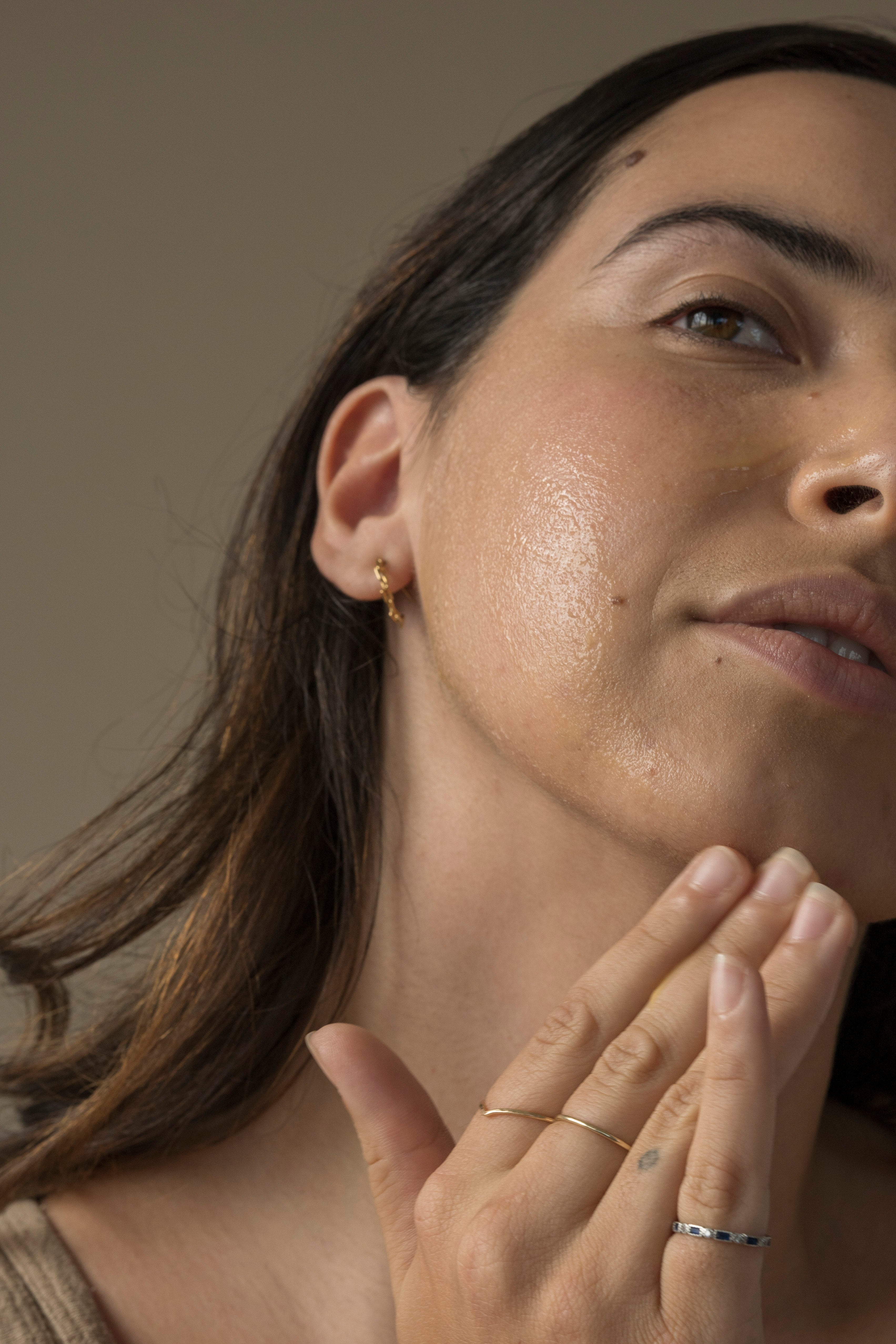
Redness around the nose can be an annoying and often embarrassing issue. Whether it's a persistent problem or a sudden onset of redness, understanding the causes and finding effective solutions is essential for both your comfort and confidence. In this comprehensive guide, we'll explore common reasons for redness around the nose and provide valuable insights into treatments and preventive measures.
Common Causes of Redness Around the Nose
Rosacea. Rosacea is a chronic skin condition characterized by redness, visible blood vessels, and sometimes pimples and bumps. It often affects the face, including the nose. Erythematotelangiectatic rosacea is a subtype that primarily involves redness and visible blood vessels.
Nasal Vestibulitis. Nasal vestibulitis is an infection of the nasal vestibule, which is the area just inside the nostrils. It can cause redness, tenderness, and even sores. Bacterial infections are a common cause of nasal vestibulitis.
Allergic Reactions. Redness around the nose can result from an allergic reaction to substances like pollen, pet dander, or certain skincare products. Allergies can cause itching, swelling, and redness in the affected area.
Perioral Dermatitis. Perioral dermatitis is a facial rash that often appears around the mouth and, sometimes, the nose. It's characterized by redness, bumps, and sometimes small pustules. The exact cause is unknown, but it may be related to the use of topical steroids.
Skin Irritation. Frequent wiping, rubbing, or using harsh skincare products on the skin around your nose can lead to redness and irritation. This is particularly common in individuals who have sensitive skin.
Weather Conditions. Extreme weather conditions, such as cold, dry air or strong winds, can contribute to skin dryness and redness around the nose. This is often referred to as windburn or cold burn.
"Frequent wiping, rubbing, or using harsh skincare products on the skin around your nose can lead to redness and irritation."
Treating and Managing Redness Around the Nose
Rosacea Treatment. For rosacea-related redness, it's crucial to consult a dermatologist. They can recommend appropriate treatments, which may include topical creams, oral medications, laser therapy, or lifestyle changes.
Antibiotics for Nasal Vestibulitis. If you suspect a bacterial infection is causing redness in your nasal vestibule, seek medical attention. Antibiotics may be prescribed to treat the infection.
Allergy Management. Identify and avoid allergens that trigger reactions. Over-the-counter antihistamines can help relieve allergy symptoms, but consult a healthcare professional for severe cases.
Perioral Dermatitis Treatment. Treatment for perioral dermatitis may include discontinuing the use of topical steroids and using antibiotics or topical medications as prescribed by a dermatologist.
Skin Care Routine. Establish a gentle skincare routine that includes a mild cleanser and moisturizer. Avoid harsh products and excessive scrubbing, which can exacerbate redness.
Protect Against Weather Conditions. In cold or windy weather, protect your skin by wearing a scarf or face mask. Use a moisturizer to combat dryness caused by extreme conditions.

Tips for Preventing Redness Around the Nose
Identify Triggers. If you notice recurring redness, try to identify triggers such as specific skincare products, allergens, or environmental factors, and avoid them.
Sunscreen. Always apply sunscreen to your face, including the nose area, before sun exposure. UV rays can worsen redness and skin conditions.
Avoid Overwashing. Excessive washing can strip your skin of natural oils, leading to dryness and redness. Limit face washing to twice a day.
Keep Your Skin Hydrated. Use a moisturizer suitable for your skin type to maintain skin hydration and prevent dryness.
Manage Stress. Stress can exacerbate skin conditions like rosacea. Practice stress management techniques such as yoga, meditation, or deep breathing exercises.
Stay Hydrated. Drinking enough water can help keep your skin hydrated and healthy.
"Excessive washing can strip your skin of natural oils, leading to dryness and redness."
When to Seek Medical Advice
While many cases of redness around the nose can be managed at home, there are situations where it's crucial to consult a healthcare professional:
• If the redness is accompanied by pain, swelling, or discharge.
• If redness persists despite home remedies and skincare changes.
• If you suspect an allergic reaction to a new skincare product or medication.
Redness around the nose can result from various causes, including skin conditions like rosacea, allergies, or irritants. Effective treatment and prevention strategies depend on identifying the underlying cause. It's essential to consult a dermatologist or healthcare professional for persistent or severe redness to receive a proper diagnosis and personalized treatment plan. By understanding the causes and following the recommended solutions, you can manage redness around the nose and enjoy clearer, healthier skin.
Comments (0)
Back to Botanic Affair Blog